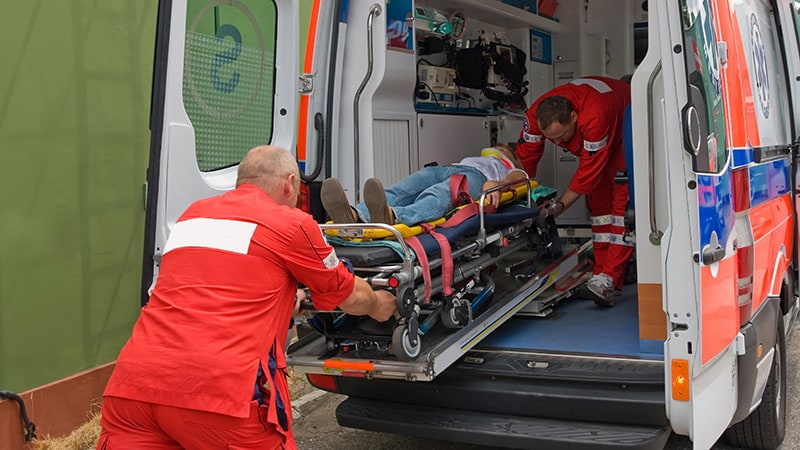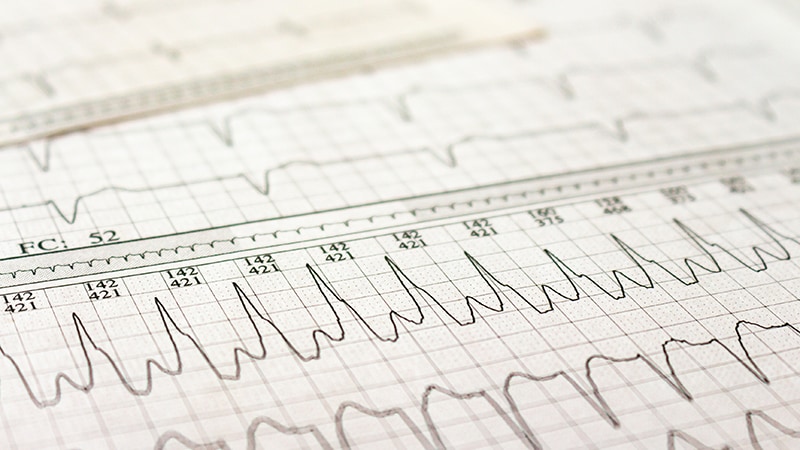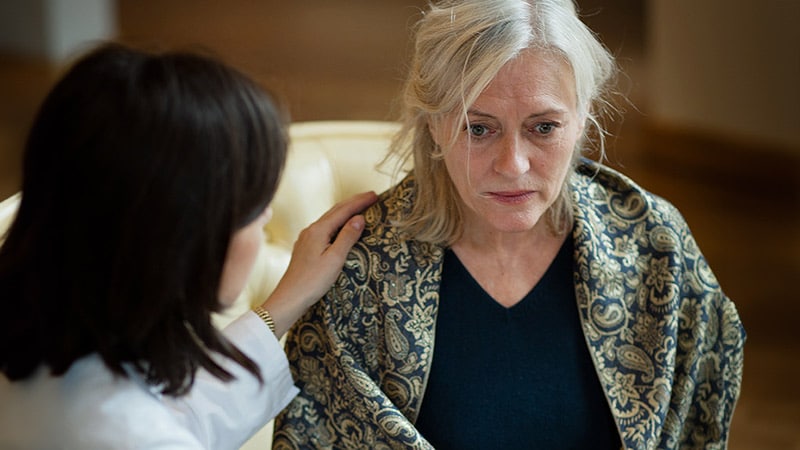Over 500 newly-diagnosed stroke patients have already received personal, specialised follow up care from a new service launched in July by the NHS and the Stroke Association.
Stroke Connect provides stroke survivors with support and advice in the early days following hospital discharge, without having to leave the house. Its launch follows the introduction of earlier discharge of stroke patients to minimise COVID-19 infection risk during the pandemic.
The new service complements existing rehabilitation services and ‘life after stroke’ care, which has continued throughout the pandemic.
Patients are contacted for an initial call within a few days of discharge from hospital, from a trained ‘Stroke Association Connector’, an expert in supporting people after stroke.
The connector provides reassurance, support with immediate concerns and links the stroke survivor to support services they can access in the long-term as part of their recovery journey.
A further call is offered within the month to check in on the stroke survivor’s progress and identify any further support needed.
Families of stroke survivors can also opt to receive essential information on self-management, including on their own health and wellbeing.
Following a rapid test phase in April and May, Stroke Connect is now encouraging referrals from all areas across England where there is no existing Stroke Association Stroke Recovery Service or equivalent. The service is also available in certain areas of Scotland and Wales.
Juliet Bouverie, Chief Executive of the Stroke Association said: “Stroke is the single biggest cause of adult disability in the UK, resulting in significant mental and physical challenges. We’ve been working with NHS England to improve the support stroke survivors get after leaving hospital.
“By reaching out to stroke survivors during the early days of their recovery, we can help to stop a small problem from snowballing into a crisis.”
This article originally appeared on Univadis, part of the Medscape Professional Network.




